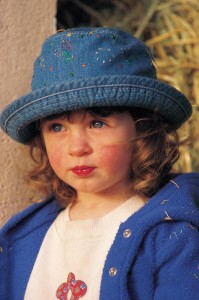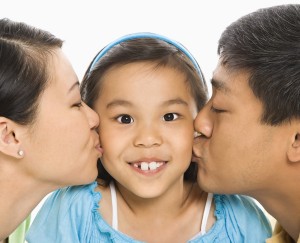 When Caidin was four he met a boy at summer day camp. I can’t remember the boy’s name now, but I do remember the boy. He was the same age as Caidin, but that was the only thing they had in common. Caidin was and is a gentle kid. He shared easily, he was concerned about the feelings and experiences of other kids, even if he didn’t know them. Caidin’s new friend was none of those things. He was aggressive, grabby and in my estimation mean. Needless to say, this wasn’t a friendship I was going to try to maintain.
When Caidin was four he met a boy at summer day camp. I can’t remember the boy’s name now, but I do remember the boy. He was the same age as Caidin, but that was the only thing they had in common. Caidin was and is a gentle kid. He shared easily, he was concerned about the feelings and experiences of other kids, even if he didn’t know them. Caidin’s new friend was none of those things. He was aggressive, grabby and in my estimation mean. Needless to say, this wasn’t a friendship I was going to try to maintain.
One day we stopped at a playground we typically didn’t go to very often. I think it was ‘Frog Park’. (We identified all the playgrounds in Brooklyn by some attribute rather than by their actual names, so there was Frog Park and Train Park and the Yellow Park and the Big Kids Park. ) And who did we run into, but Caidin’s new friend. Off they went to play.
At Frog Park that day there was a little girl who was happily playing with her girl-friends. As I watched the kids play, something happened that surprised me. Caidin’s new friend began teasing this little girl and taking things from her and where normally Caidin would have been appalled at this behavior he joined in.
I watched for a few minutes to see what would happen, but when the situation moved from teasing to taunting, I stepped in. I called Caidin over and our conversation went something like this:
“What are you doing?”
“Playing.”
“Do you think that little girl is having fun?”
“No.”
“Do you know that little girl?”
“No.”
“She knows you now. She knows you as the mean boy. Is that who you want to be?”
“No. What can I do?”
“You can apologize, but you need to know that she may not accept your apology.”
“Why wouldn’t she accept my apology?”
“Because she doesn’t know you and all she does know is that you were being mean to her. And when we do something that’s hurtful to others, we can’t erase it. So saying you’re sorry lets someone know that you are aware that you did something you shouldn’t have and that you regret it, but it doesn’t erase what you did. ”
“OK.”
I watched him, at age four, go over to that little girl, knowing that she might not accept his apology and sincerely tell her that he was sorry.
He came running back to me and I asked “what happened?” and he said “she didn’t accept my apology.” I gave him a hug and told him that everyone makes mistakes, it’s what we do after we make the mistakes that really matters. I also told him she might not accept his apology now, but when she sees him again she’ll remember him as the boy who apologized, not as the boy who was mean.
We had a long talk on the walk home about matching other people’s energy and losing our sense of self and about following what others do without checking in with what we know to be right.
It was one of those defining moments for Caidin. He truly understood that his actions had consequences and that people will identify you by those actions.
He also decided on his own that his new ‘friend’ wasn’t really a friend after all.
© 2012 Christine Agro
Christine Agro is a clairvoyant, naturopath, Master Herbalist, conscious mom and author of 50 Ways to Live Life Consciously as well as of The Conscious Living Wisdom Cards (Special Moms’ Edition). Christine is founder of The Conscious Mom’s Guide, a membership site where she helps support you on your own journey of living life consciously and on your journey of being a Conscious parent. You can also join Christine on Facebook.
